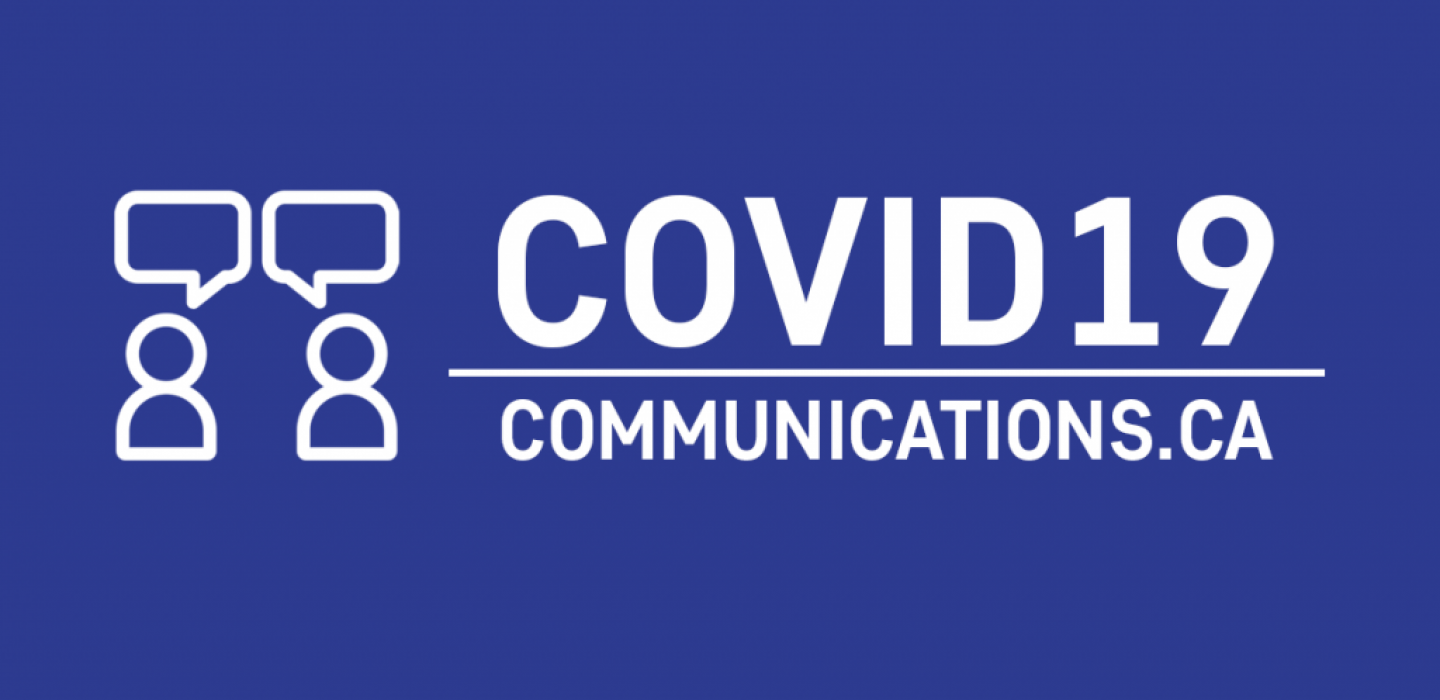As the COVID-19 crisis emerged in Canada, Audrey Wubbenhorst, Professor in Humber’s Public Relations Advanced Diploma program, saw leaders trying their best to build trust and create structure, while attempting to keep up with a rapidly-changing situation.
“I was watching leaders respond to the COVID-19 pandemic in real-time, and although it’s a challenging circumstance, it is also a true test of public relations practices in action,” says Audrey.
Organizations are under immense pressure to manage their messages and crisis responses effectively. The situation is complicated by the public receiving information through the filter of traditional and social media, allowing for dialogue to unfold quickly, but also for (mis)information to spread rapidly.
Audrey wanted her students to have an opportunity to analyze corporate responses critically. She approached Humber’s Office of Applied Research & Innovation (ARI) with a proposal for students to create COVID-19 organizational case studies and develop an informational website.
With ARI’s support, Robert Van Horne and Nikita Ravi, two students in the Public Relations Advanced Diploma program, were recruited by Audrey to undertake the work.
Case studies will cover how organizations communicated and pivoted quickly during the pandemic, the impact of government directives on businesses and the public’s response on social media. The students are currently researching topics including price gauging, labour relations, leadership and corporate responsibility.
By working on this project, Robert and Nikita will be helping to develop curriculum for future cohorts. “By having students choose the case topics, they will undoubtedly choose those that will interest other students,” says Audrey. “Students are often very active on social media and this project provides a way to share ideas that may otherwise not come across my desk.”
Audrey hopes the cases will synthesize key issues and provide examples students can use when problem-solving during their public relations careers.
In addition to the website, covid19communications.ca, the cases will be available as open educational resources at openlibrary.ecampusontario.ca for other educators to use as part of their programs of study.
Check back in early May to begin reading the case studies and follow @COVID19comms on Twitter for project updates.
For inquiries or case ideas, please email covid19communications@gmail.com.
